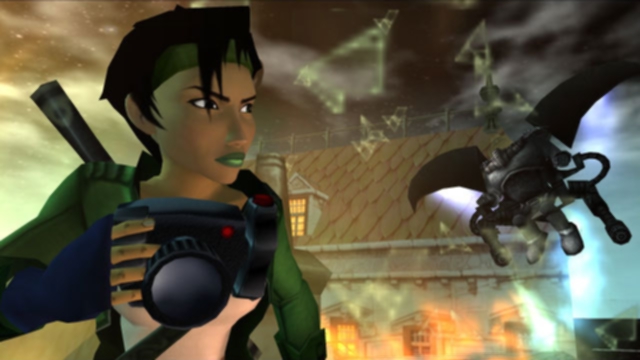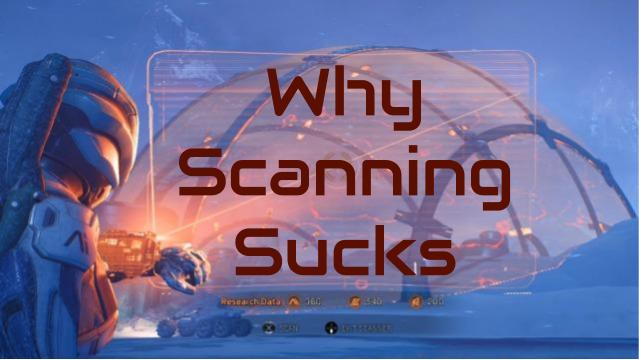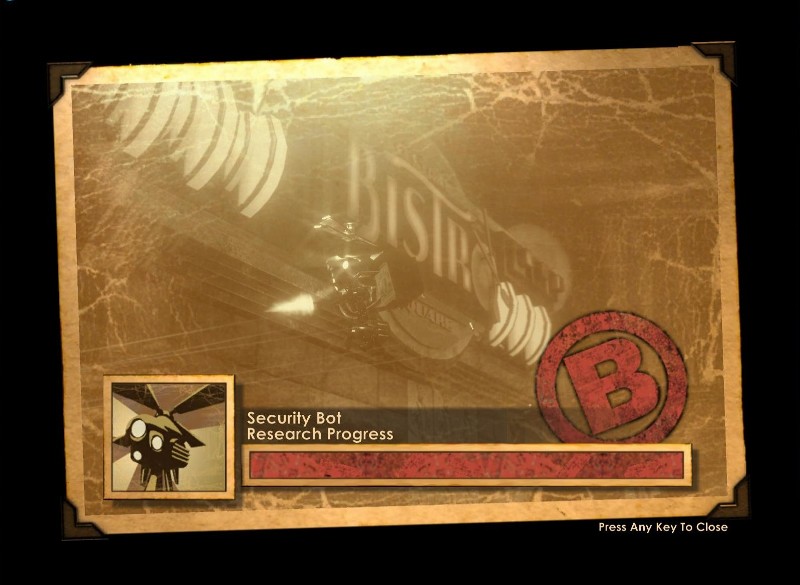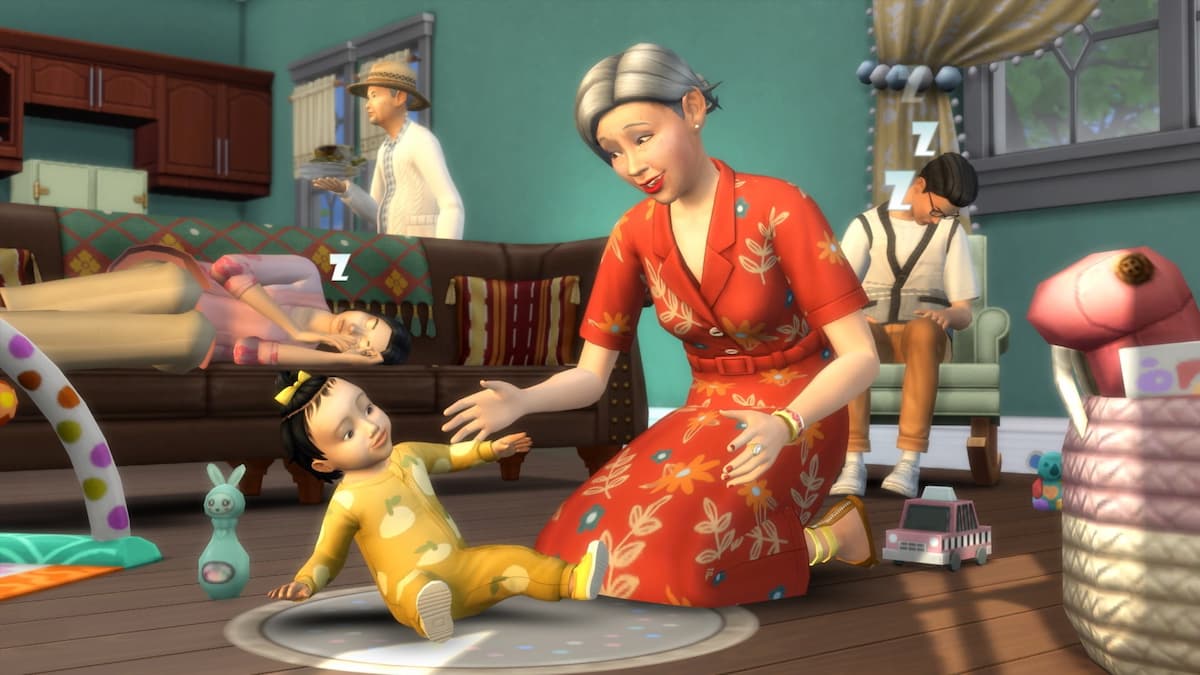In Mass Effect Andromeda, you have a scanner on your omni-tool which you use to scan and learn about objects of interest in the environment, while also earning research currency towards one of three categories. In Bioshock, you have a camera that you use to take photographs of enemies while earning research points that eventually unlock powerful upgrades. The mechanic itself is not really all that unique; it’s been done in everything from the Batman Arkham games to Beyond Good and Evil. However, despite the similarities between the scanner and camera, some small differences make a significant impact.
Different, but the Same
First, I need to make sure we are on the same page: the camera and the scanner operate very similarly mechanically. This is in spite of them being aesthetically different. You pull both up, frame what you wish to scan/photograph, and press a button. You are then rewarded for researching new objects.
There are particular affordances to both of these, however. Everyone is familiar with a camera. We know what it means to take a good picture; we understand photography as an art form. There is an end result, a literal photograph that’s leftover. When you are able to review photos later it gives you an incentive to try to take better ones. Final Fantasy XV showed us that even photos taken in a videogame can make you reminisce. It’s a large part of what makes the screenshot feature so alluring on the PS4, or Steam.
A scan, although similar in many ways, feels different even when it physically requires similar inputs. We understand it within a different context, a scientific context. Mass Effect Andromeda specifically lists properties off to the side of your scans, such as the chemical composition and boring facts. Meanwhile, the Batman Arkham games gave useful info via its scanner — for instance, enemy heart rate helped you understand what state of distress your prey was in.
The scan itself is not inherently important, unlike photography, which we view as an art form. Instead, the results, namely the data, is what’s important. Scans are beside the point, which inherently makes them less fun to take than photographs. For instance, scanning enemies in the Batman Arkham games was mostly passive. And despite scanning being an action in Mass Effect Andromeda, you still did not have a picture database.

Why it’s Done
What is the purpose of mechanics like this? I would argue the designers want you to slow down and look at the world. As such, these mechanics work best when they incentivize you slowing down and smelling the roses, so to speak. Many games put a ton of effort into making things happen, but never really ask you to look at them. Photography is potentially a great way to engage players with that content. Knowing that their pictures matter, either in-game or on Reddit, makes them more valuable to the player. Similarly, learning about the world by scanning things encourages you to slow down and explore.
How its Done WELL…
Beyond Good and Evil literally had creatures that only existed for you to figure out how to photograph them. Creatures that would have felt like ambient visuals in other games were a fun challenge to take photos of in Beyond Good and Evil, such as the dolphin-like creatures — it made me appreciate their existence more. Batman Arkham City tasked you with taking pictures of objects that were the answer to the Riddler’s riddles. I paid more attention to the game world knowing that the answer to a riddle could be around the next corner.
Bioshock did something spectacular in that they didn’t just ask you to take a picture of every type of enemy, like Beyond Good & Evil. Instead, it rated those pictures based on what was happening in the photo and how often you’d taken a photo of that kind. It wanted you to slow down and catch the splicers, big daddies, and little sisters as they interacted with one another, the world, and you. Each different enemy could be photographed in a variety of situations — including bashing your brains in — to reward even more experience. If you choose to sit and watch them in their maddened ramblings it forced you to empathize with your enemies’ plight, in a way that you normally wouldn’t have while mowing them down, setting them ablaze, shattering them, or.. well, you get the point. (Plasmids were really violent. When was a swarm of bees needed in civilian life exactly?) Trying to take pictures of a big daddy as he charged at you while you helplessly held a camera up to his face was a daunting task, to say the least.
… and How Mass Effect Andromeda did It
The act of scanning in Mass Effect provided none of these thrills. The other games I’ve talked about gave you very specific things to photograph or scan. But in this game, it was unclear exactly what objects should be scanned. The end result was the player opening the scanner, walking around, and waiting for something to light up. Moreover, even objects that seem interesting are often not scannable. Sure, I can scan the basic computer terminal that has been in all of the Mass Effect games, but that new alien species? Nah! Even when you did scan interesting things there was rarely anything interesting you learned about it. Because of this, it fails to re-contextualize the world.
Rewards
On top of that, the rewards for scanning are very slow. Sure, research leads to blueprints which can create some of the best items in the game, but that is mostly meta-game content. I’m still not sure what weapons are useful to craft and resources take so long to gather I don’t want to waste them.
Compare that to the fact that some of the best abilities in Bioshock were obtained early in your photography progression. In fact, one of the first upgrades you gained from this line of research allowed your character to turn invisible when they were immobile, which helped you observe enemies and take better pictures. It literally feeds back into the loop while still being a useful and interesting skill on its own. Moreover, your main source of income in Beyond Good & Evil was photography.
Bioshock Wins (But Who’s Counting?)
Bioshock did the camera almost perfectly. It gave great in-game rewards while allowing you to take cool pictures, which is intrinsically rewarding. It made sure that good, varied pictures were rewarded so that you were constantly challenged to up your game instead of merely taking one photo of an enemy. It added a wrinkle to world exploration and to combat while deepening the purpose of the dangerous inhabitants of Rapture.
In contrast, Mass Effect Andromeda largely concentrates on scanning inanimate, mundane objects, like computer terminals and parked vehicles. The rewards are abstract and take long to bear any meaning. They added little to the world and didn’t ask you to see the world with a different lens (Pun intended. Pun always intended.). And that’s why it sucked.







